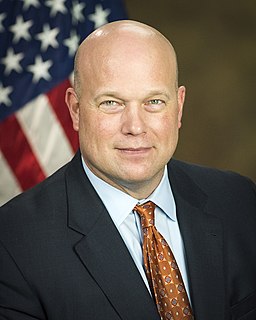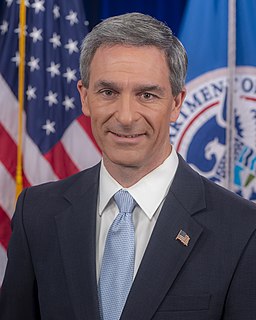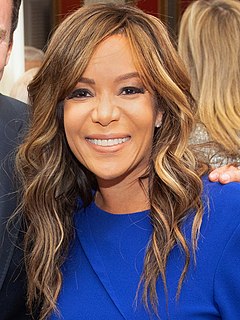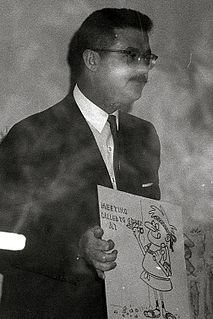A Quote by Matthew Whitaker
I believe myself to have been a reasonable prosecutor, and when the facts and evidence show a criminal violation has been committed, the individuals involved should not dictate whether the case is prosecuted.
Related Quotes
I believe that there have been repeated attempts to influence prices in the silver markets. There have been fraudulent efforts to persuade and deviously control that price. Based on what I have been told by members of the public, and reviewed in publicly available documents, I believe violations to the Commodity Exchange Act (CEA) have taken place in silver markets and that any such violation of the law in this regard should be prosecuted.
Here we have a case, the Swedish case, where I have never been charged with a crime, where I have already been cleared [by the Stockholm prosecutor] and found to be innocent, where the woman herself said that the police made it up, where the United Nations formally said the whole thing is illegal, where the State of Ecuador also investigated and found that I should be given asylum. Those are the facts, but what is the rhetoric?
Many reasonable prosecutors have come to the conclusion that they would have brought such a case that Hillary Clinton was extremely careless in the handling of national security information. I would have brought such a case and I would have won such a case. And I've prosecuted cases like that in my years in the Justice Department.
Until recent times, absence of evidence for his [Jehovah's] existence has not been sufficient to rule him out. However, we now have enough knowledge that we can identify many places where there should be evidence, but there is not. The absence of that evidence allows us to rule out the existence of this God beyond a reasonable doubt.
I'm a common law judge. I believe in deciding every case on its facts, not on a legal philosophy. And I believe in deciding each case in the most limited way possible, because common law judges have a firm belief that the best development of the law is the one that lets society show you the next step, and that next step is in the new facts that each case presents.



































